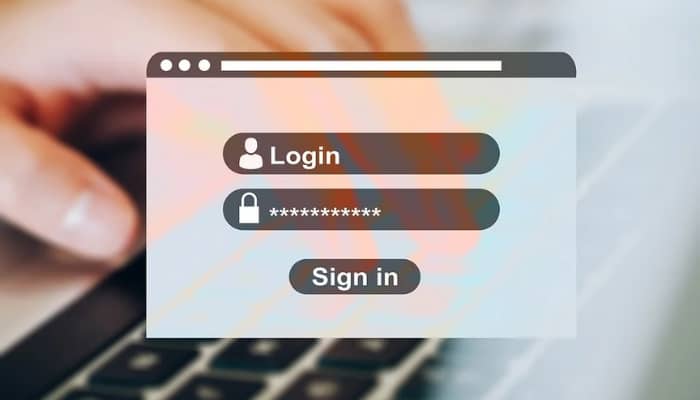New York, USA – Cybersecurity company HUMAN, formerly known as White Ops, has announced a US$100m growth funding round led by WestCap with additional investment from NightDragon and other current investors to support the company in its next phase of growth.
For Tamer Hassan, co-founder and CEO of HUMAN, said funding will help expand their leadership position as a cybersecurity firm to build a more secure and more human internet.
“HUMAN plays to win through collective protection by verifying the humanity of 15 trillion interactions per week, enabling us to defeat attackers–changing the odds to the side of the good,” Hassan said.
Some of HUMAN’s efforts to solve enterprise-wide pain points include its product offerings MediaGuard for Ad Security that protects digital media and advertising from fraud and abuse, BotGuard for Applications that protects sites and applications from digital fraud and abuse, and BotGuard for Growth Marketing that protects digital marketing investments from fraud and abuse.
Some of the cybersecurity endeavors HUMAN had executed include taking down PARETO—a sophisticated CTV botnet—in cooperation with Roku and Google and disrupting botnet 3ve, bringing together the FBI, Google, Facebook and many others in the industry.
Meanwhile, Dave DeWalt, founder and managing director at NightDragon and vice chairman of the board of HUMAN, commented that since they have engaged with HUMAN over the past year, they have proven to the industry that they are best positioned to stop these cybersecurity threats by stopping attacks at the source.
“Through our experience in engaging with hundreds of enterprises and their cybersecurity teams, we know that automated attacks on applications and websites creating fraud and abuse is a critical point of risk to every enterprise,” DeWalt concluded.










